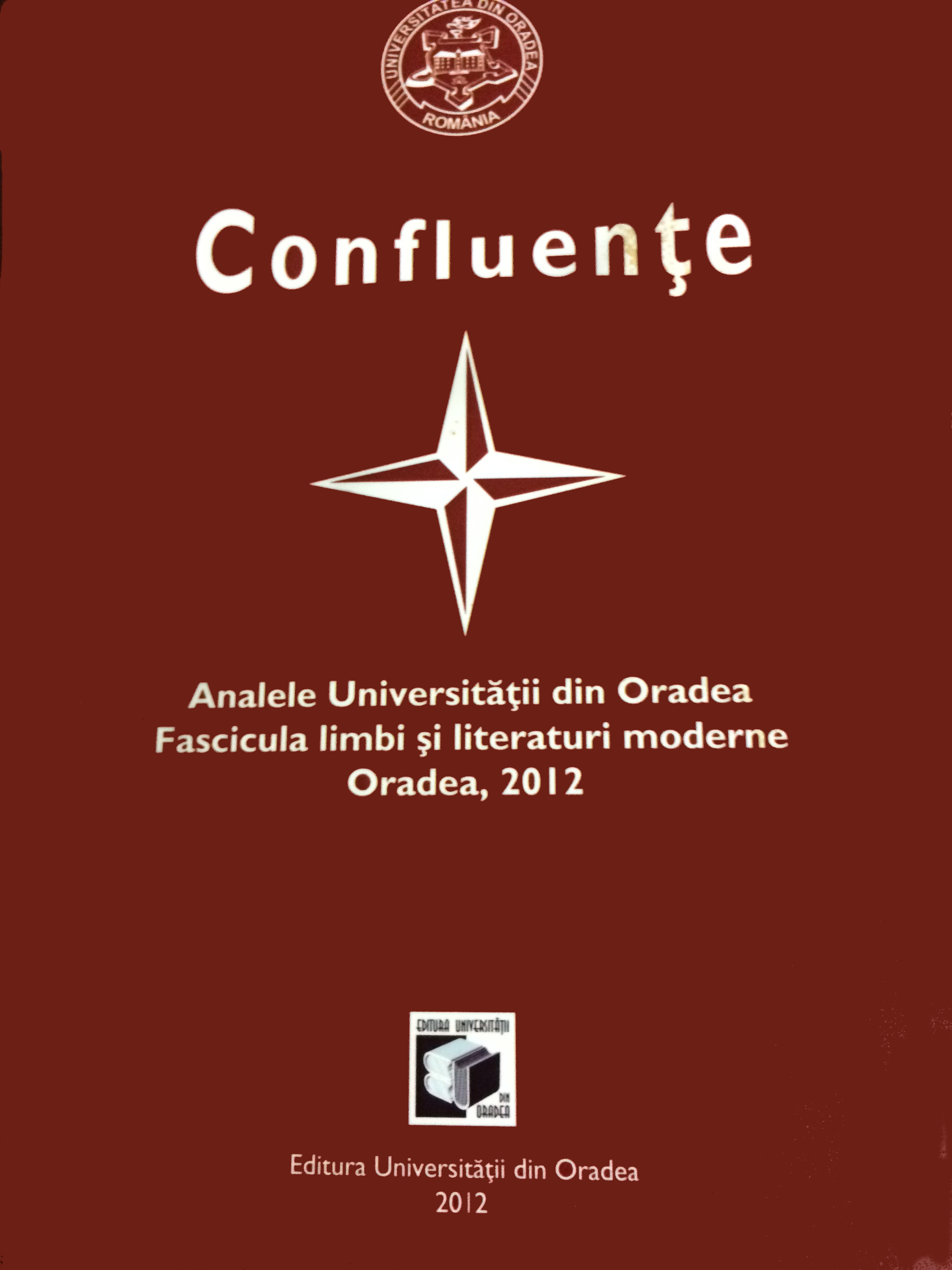”Defeat iss good for art; victory it is not good”. The Theme of War in William Faulkner’s Fiction
”Defeat iss good for art; victory it is not good”. The Theme of War in William Faulkner’s Fiction
Author(s): Teodor MateocSubject(s): Studies of Literature, Sociolinguistics
Published by: Editura Universitatii din Oradea
Keywords: war; defeat; victory; responsibility; expiation; memory; projection;
Summary/Abstract: It is the assumption of my paper that William Faulkner’s concern with war can be looked at from a double perspective: war as an arena of psychological projections, which would point to his inner drive of constructing an imaginary, i.e., heroic biography; and war as memory, mostly of defeat, which would show a past-bound Faulkner brought up on stories of the Civil War, so much part of the local history of his native Mississippi. A Fable, his most ambitious novel, offers yet another possible perspective: war, the WWI in this case, as a mode of expression of modern civilization. Patterned on biblical imagery, the novel speaks simultaneously of the need for moral re-armament as an alternative to a power-driven military and political establishment, and of the waste and pity of war-both themes rendered in a highly poetic and symbolic prose-if sometimes blurred and fuzzy- a narrative which reaches towards mythical and philosophical dimensions.
Journal: Confluenţe. Texts and Contexts Reloaded
- Issue Year: 2012
- Issue No: 1
- Page Range: 44-51
- Page Count: 8
- Language: English

